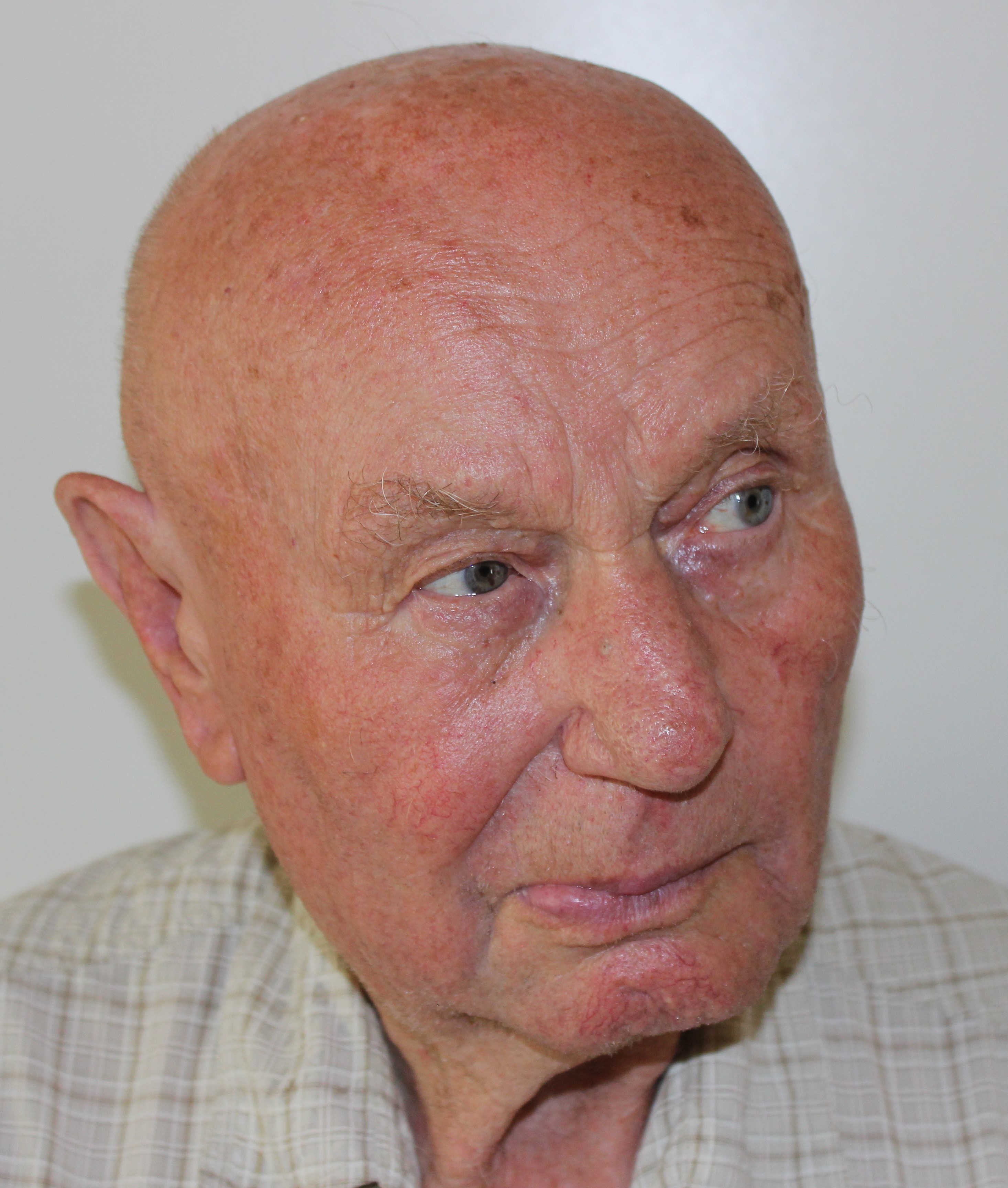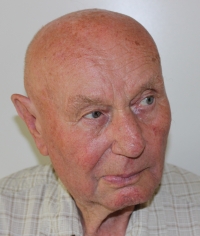The machine guns were firing, I was 12 years old and shaking with fear

Download image
Václav Duda was born on 5 December 1933 in Brno. His paternal uncles, Eduard and Stanislav Duda, were killed in the World War I. Václav Duda spent practically his whole life in the village of Ostopovice in the Brno-venkov district, where his parents, Václav and Marie Duda, owned a farm, which helped them to survive the war. Václav Duda remembers everyday life in Ostopovice against the backdrop of the mobilization, the Nazi occupation and the liberation accompanied by shelling and violence. After the war, he finished primary school and then worked on the family farm, which the family lost by being forced to join an agricultural cooperative in the 1950s. In 1953 he married Marie, née Navrátilová. A week later the newlyweds lost their savings and financial gifts due to the currency reform. In 1953–1955 he completed his compulsory military service in Frýdek-Místek, during which he participated in the First Nationwide Spartakiad (1955). After the war he worked in the Ostopovice agricultural cooperative (JZD), after the merger in the 1970s JZD Bobrava Moravany. He initially drove a tractor in the agricultural cooperative, then worked as an official – yet he never joined the Communist Party of Czechoslovakia. He retired in 1993. At the time of the interview (2021) Václav Duda lived in Ostopovice.
